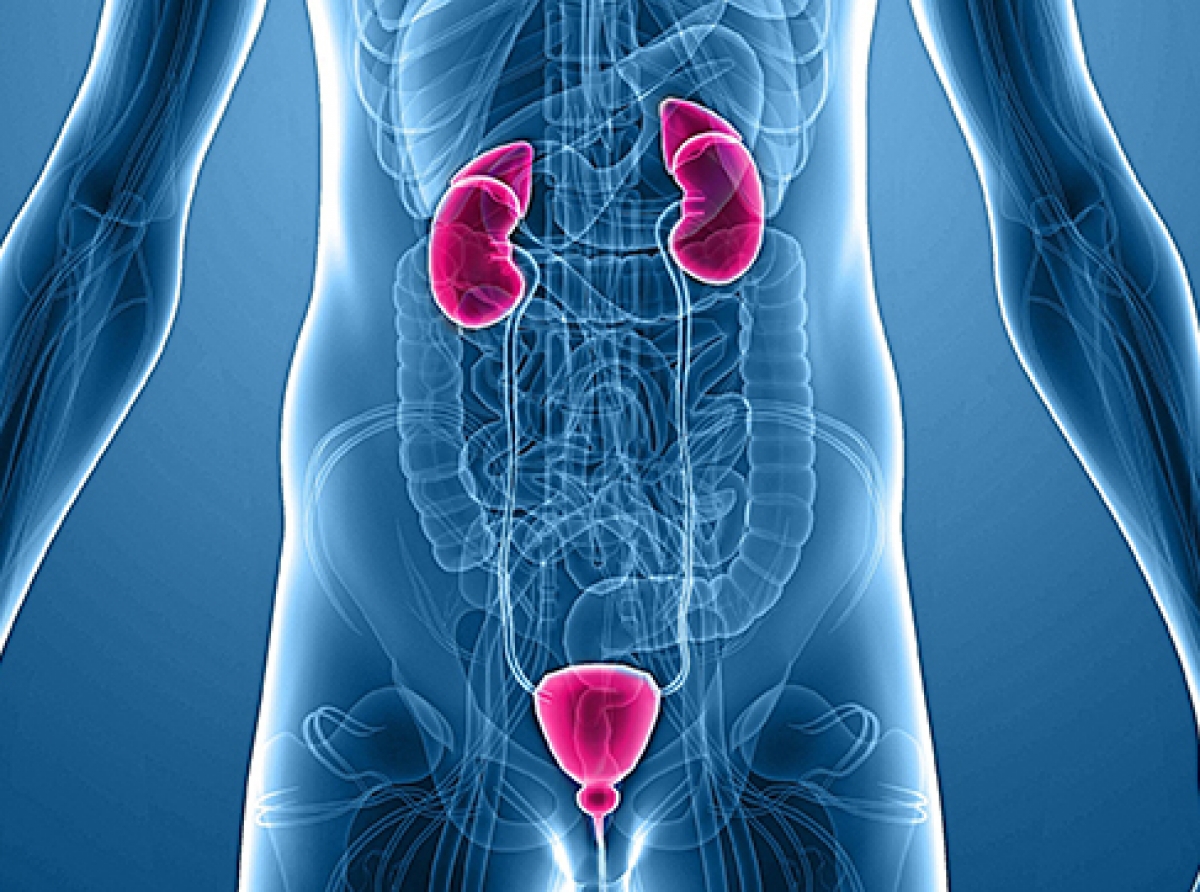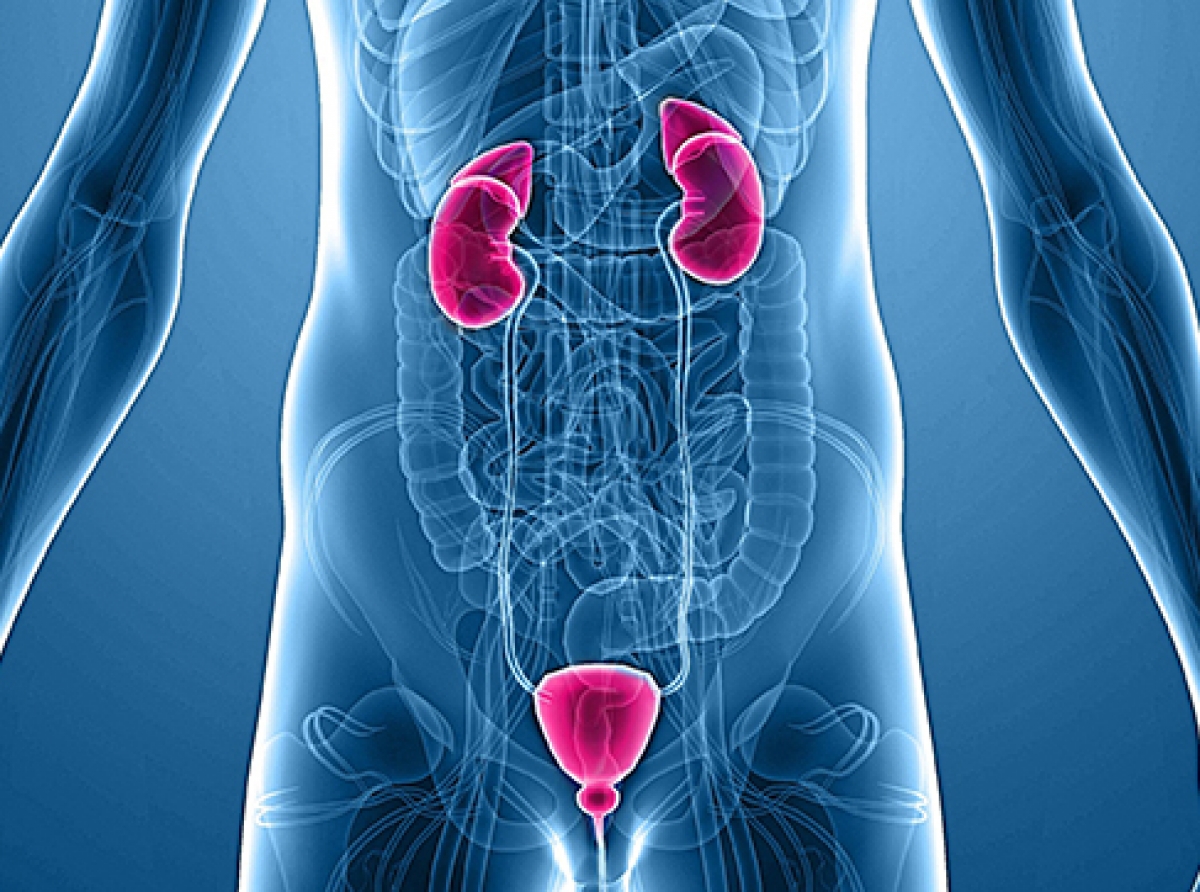Andrology surgery a specialized field within urology, focuses on diagnosing and treating conditions affecting the male reproductive system. While many issues can be addressed through non-invasive treatments or medications, there are instances where surgery becomes necessary.

Understanding the signs indicating the need for andrology surgery is crucial for timely intervention and effective resolution of underlying problems.
Erectile Dysfunction: Erectile dysfunction (ED) is the inability to achieve or maintain an erection sufficient for sexual intercourse. While lifestyle changes, medications, or therapy may resolve mild cases, severe or persistent ED might require surgical intervention. Procedures like penile implants or vascular surgery can restore erectile function, especially when other treatments have failed.
Peyronie's Disease: Peyronie's disease is characterized by the development of fibrous scar tissue inside the penis, causing curvature, pain, and difficulty with erections. In cases where symptoms significantly impact sexual function or cause discomfort, surgical options such as plaque excision, grafting, or penile implants may be recommended to correct the curvature and restore normal penile function.
Male Infertility: Andrology surgery can play a vital role in addressing certain causes of male infertility, such as varicocele or obstructive azoospermia. Varicocele repair, a surgical procedure to correct enlarged veins in the scrotum, may improve sperm quality and fertility outcomes. Similarly, surgeries to remove obstructions in the reproductive tract can allow for the retrieval of sperm for assisted reproductive techniques like in vitro fertilization (IVF) or intracytoplasmic sperm injection (ICSI).
Testicular Disorders: Conditions affecting the testicles, such as testicular torsion or testicular cancer, may require urgent surgical intervention. Testicular torsion occurs when the spermatic cord twists, cutting off blood flow to the testicle, necessitating immediate surgery to restore blood flow and prevent tissue damage. In cases of testicular cancer, surgical removal of the affected testicle (orchiectomy) may be necessary as part of cancer treatment.
Penile Conditions: Certain penile conditions, such as congenital abnormalities (e.g., hypospadias), penile cancer, or severe phimosis (inability to retract the foreskin), may require surgical correction. Surgical techniques ranging from tissue reconstruction to partial or total penectomy (penis removal) may be performed depending on the nature and severity of the condition.
Conclusion
While not all male reproductive issues require surgical intervention, understanding the signs that may indicate the need for andrology surgery is essential for seeking appropriate medical care. Consulting with a qualified andrology specialist can help diagnose underlying conditions and determine the most suitable treatment approach, whether surgical or non-surgical, to address your specific needs and restore optimal reproductive health. Early intervention can often lead to better outcomes and improved quality of life.





Comments